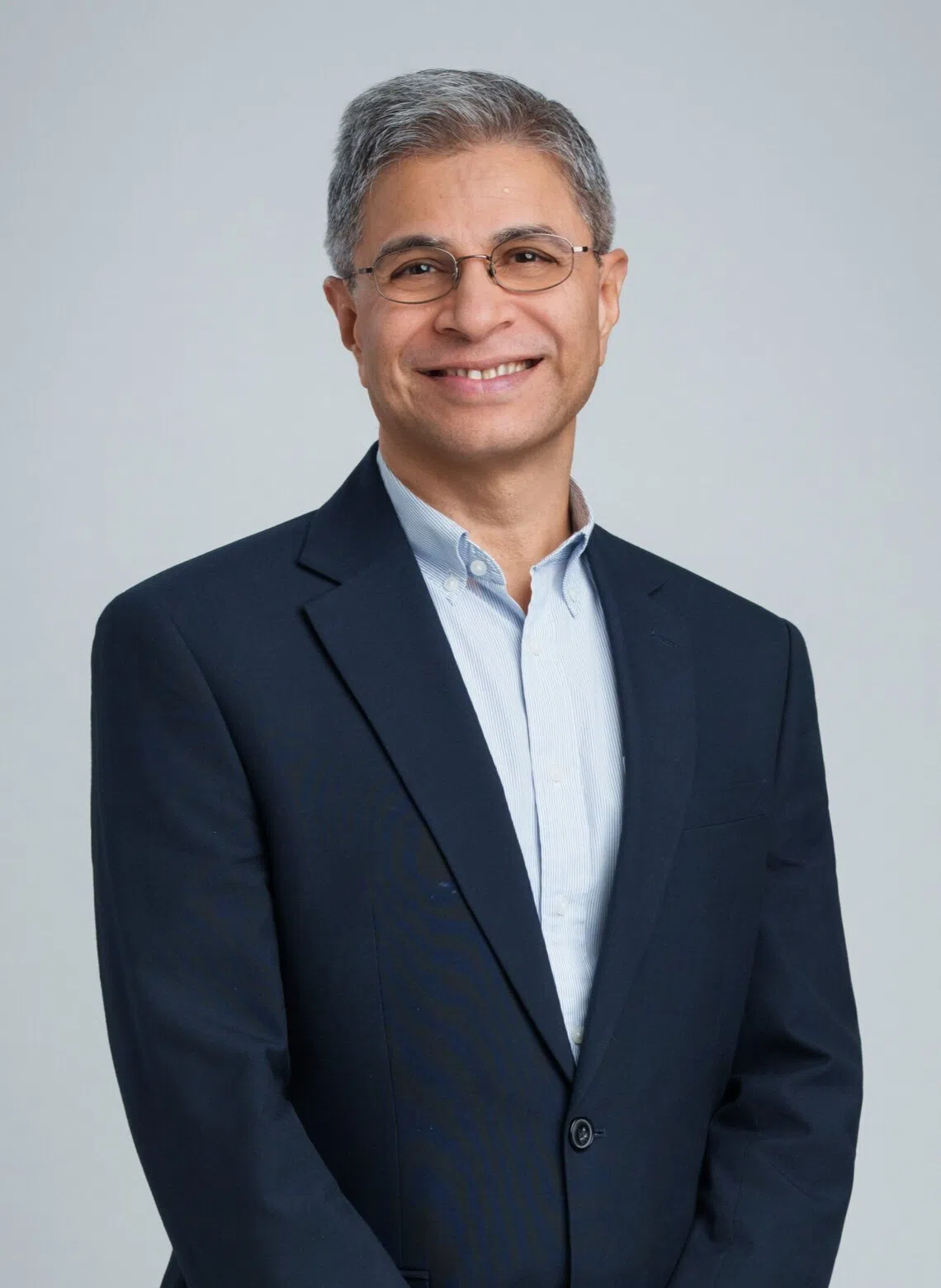Singapore businesses gear up for an uncertain 2026
Local firms are bracing for risks but see opportunities in digitalisation and green growth
SINGAPORE companies head into 2026 under the shadow of geopolitical tensions, shifting tariffs and financial market jitters. Indeed, the Monetary Authority of Singapore has cautioned that the country’s growth outlook for next year remains subject to “significant uncertainty”, with renewed trade conflicts or external shocks likely to weigh on performance.
The external environment is already shifting in ways that could test Singapore’s open economy. The World Trade Organization has also projected GDP growth of 2.4 per cent in 2026, describing this as “substandard” compared to recent history. With Singapore’s total trade consistently exceeding its GDP, the city-state is particularly exposed to these global headwinds.
Against this volatile backdrop, resilience has become the watchword. Companies are diversifying markets, stress-testing their supply chains and putting tighter controls on liquidity.
“Businesses have taken a more serious attitude towards risk management, recognising the need to remain agile and be prepared to deal with another ‘Black Swan’ event,” says Joshua Ong, managing partner at Baker Tilly. “Businesses need to be prepared for situations which may severely impact access to their customers and markets.”
Many firms are leaning more heavily on technology to cope. From automation to data-driven insights, digitalisation is helping companies reduce costs and respond faster to shocks. Others are also sharpening their focus on adaptability to stay competitive in a volatile environment.
“In today’s complex global environment, companies are placing greater emphasis on agility, resilience and innovation,” notes Stephen Bates, partner and head of deal advisory at KPMG in Singapore.
A NEWSLETTER FOR YOU

Friday, 12.30 pm
ESG Insights
An exclusive weekly report on the latest environmental, social and governance issues.

Rethinking supply chains and partnerships
Trade fragmentation across Asia has also forced companies to re-evaluate how and where they source and sell. Singapore’s position as a neutral hub with strong legal frameworks and logistics infrastructure has given it an edge. “Companies here are well-positioned to seize opportunities as a ‘glue’ to hold fragmented trade pieces across Asia,” says Ong.
To adapt, businesses are diversifying their manufacturing bases, expanding into South-east Asia’s growth markets and leaning on free trade agreements to secure access to new customers. The Regional Comprehensive Economic Partnership and the Comprehensive and Progressive Agreement for Trans-Pacific Partnership, for instance, are helping firms secure access to new markets.
Technology partnerships are also part of the mix. Firms are building regional technology ecosystems to increase operational agility and reduce dependence on single-source suppliers. This approach is helping to stitch together more resilient supply networks that can withstand tariff shifts or political tensions.
Building for the long term
Beyond short-term risk management, companies are also investing in capabilities that will support growth in a more complex economy. In this regard, sustainability and workforce development are top priorities.
For instance, the push for mandatory climate disclosures has made ESG reporting expertise a scarce but sought-after skill. Businesses are therefore combining external expertise with internal upskilling. Training programmes tied directly to ESG targets are also becoming the norm.
For many businesses, green investment is not simply about compliance but also opportunity. According to BloombergNEF, Asean countries need about US$1.5 trillion through 2030 for clean and renewable energy solutions in order to meet the Paris Agreement trajectory. To close this gap, rising capital is flowing into renewable energy and sustainable infrastructure across the region, where Singapore is emerging as a leader.
At the same time, digital skills are in high demand. The rapid advance of artificial intelligence, in particular, is reshaping workflows, making upskilling a business imperative.
“Much more than introducing new software, technology will have a deep impact on their workforce and business models,” says Shariq Barmaky, country managing partner at Deloitte Singapore. “This means that they must approach digital transformation from a holistic perspective, anchored in tangible value creation and responsible implementation.”

He advises firms to tap government initiatives such as SkillsFuture and the Enterprise Compute Initiative to keep pace.
Opportunity amid uncertainty
Despite the risks, business leaders agree that Singapore’s fundamentals remain strong. Its reputation as a stable, well-connected hub continues to attract foreign investment and family offices, creating opportunities for partnerships and financing.
Meanwhile, companies that embed sustainability into their supply chains and tap Singapore’s AI ecosystem are likely to gain an edge in global markets. At the same time, uncertainty is driving change, creating opportunities in digitalisation, green infrastructure and more resilient supply networks.
The consensus: 2026 will be a testing year, but one where businesses that combine resilience with bold investment in skills, technology and sustainability will find room to grow.



